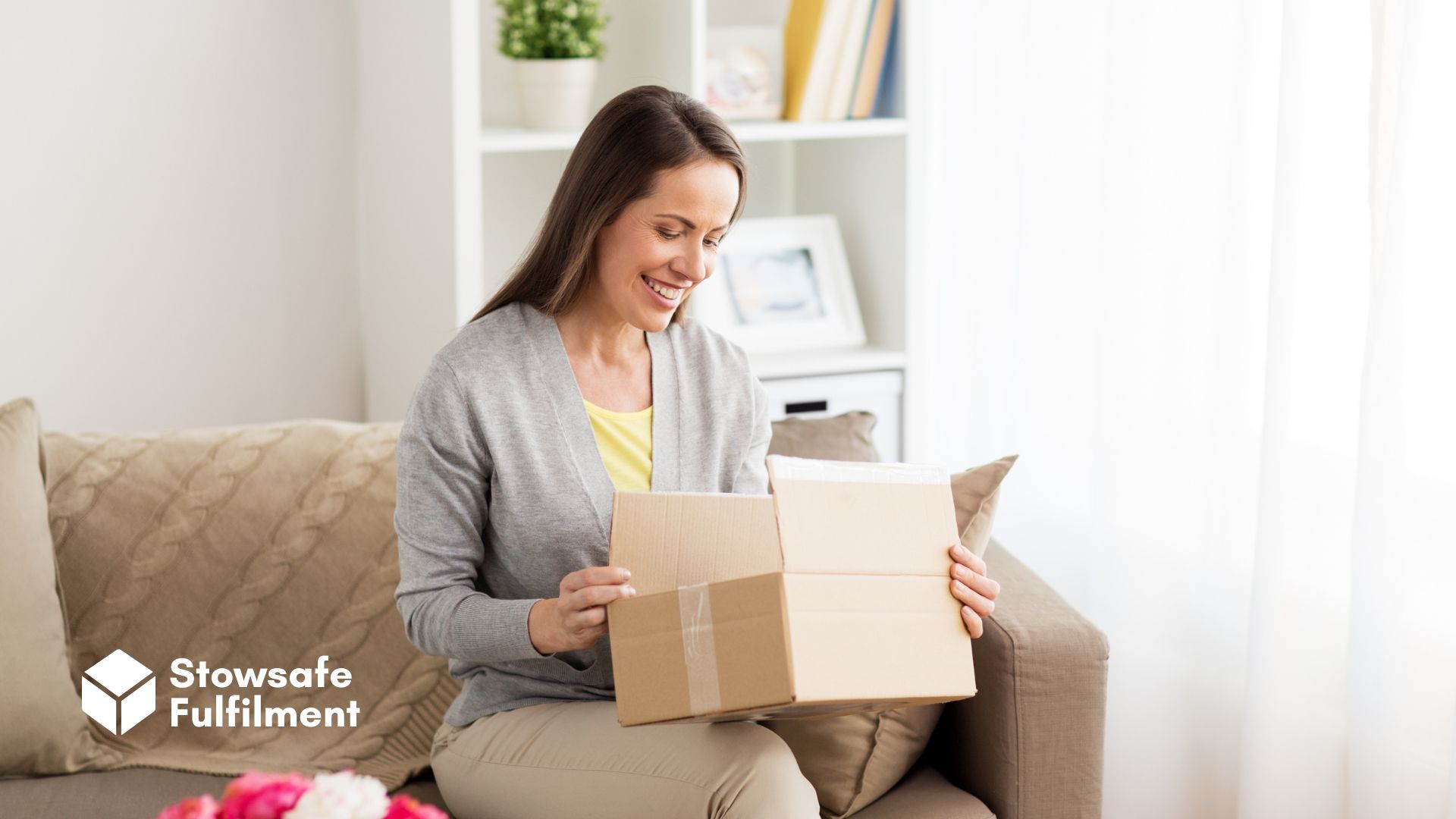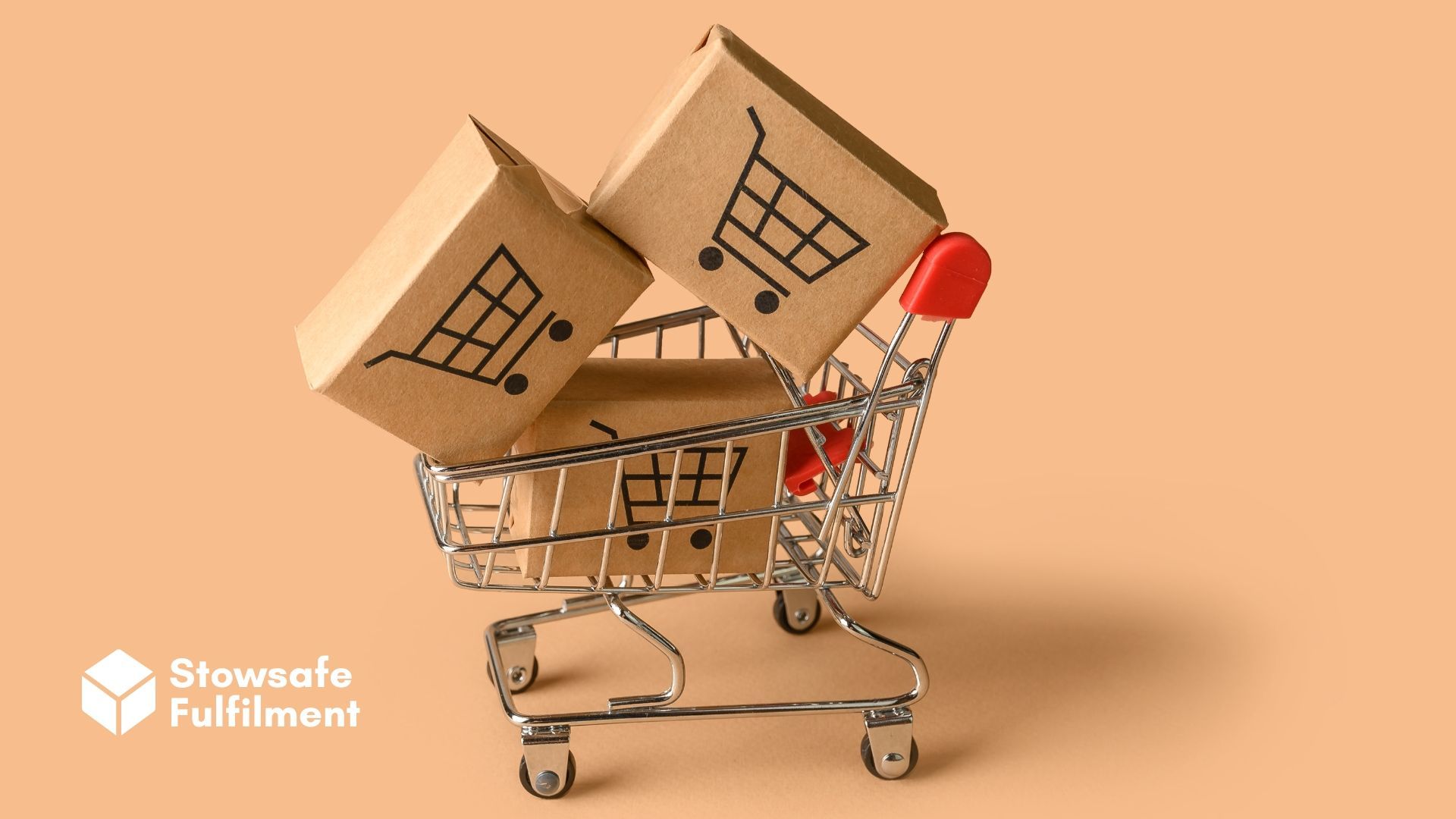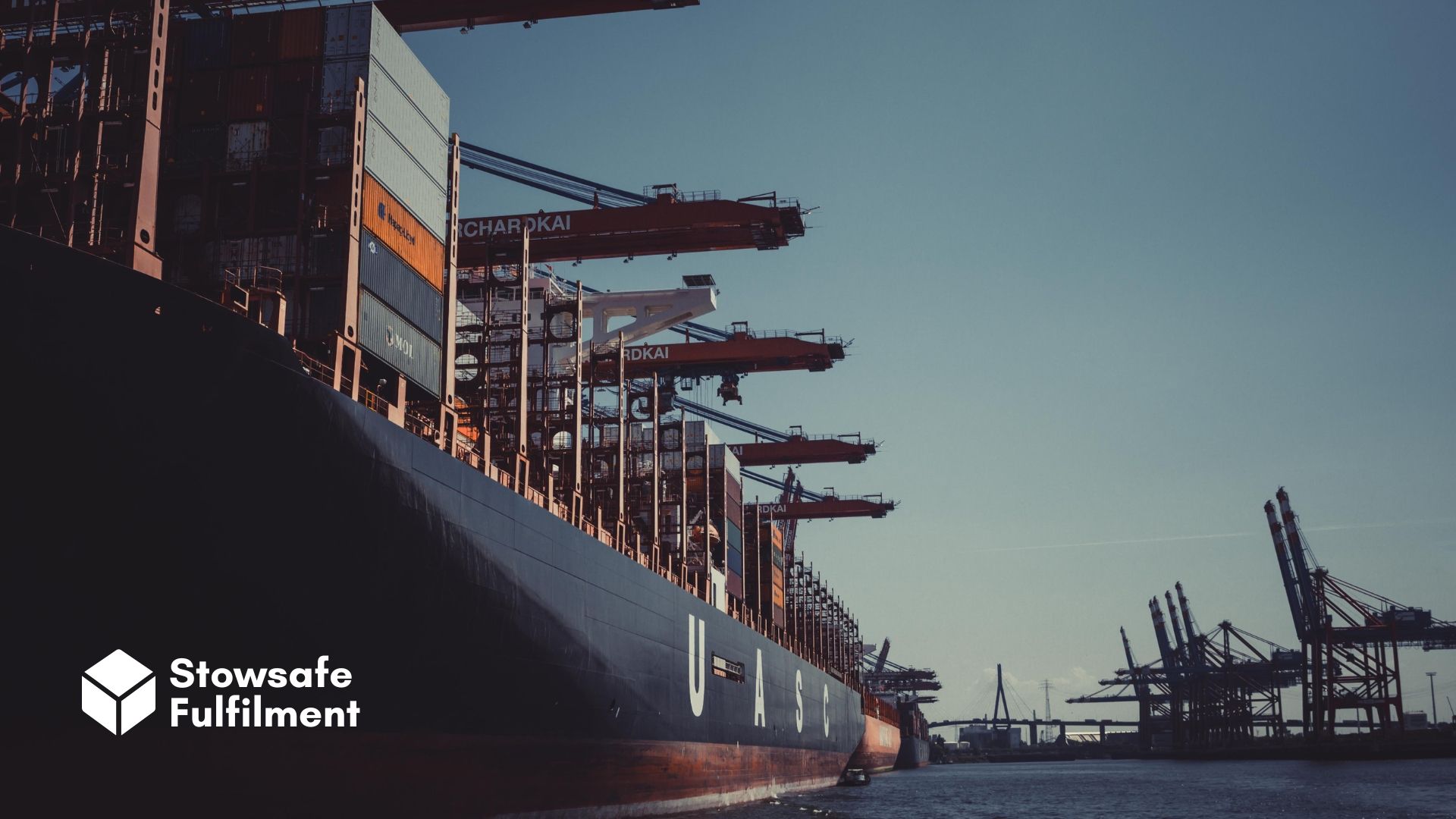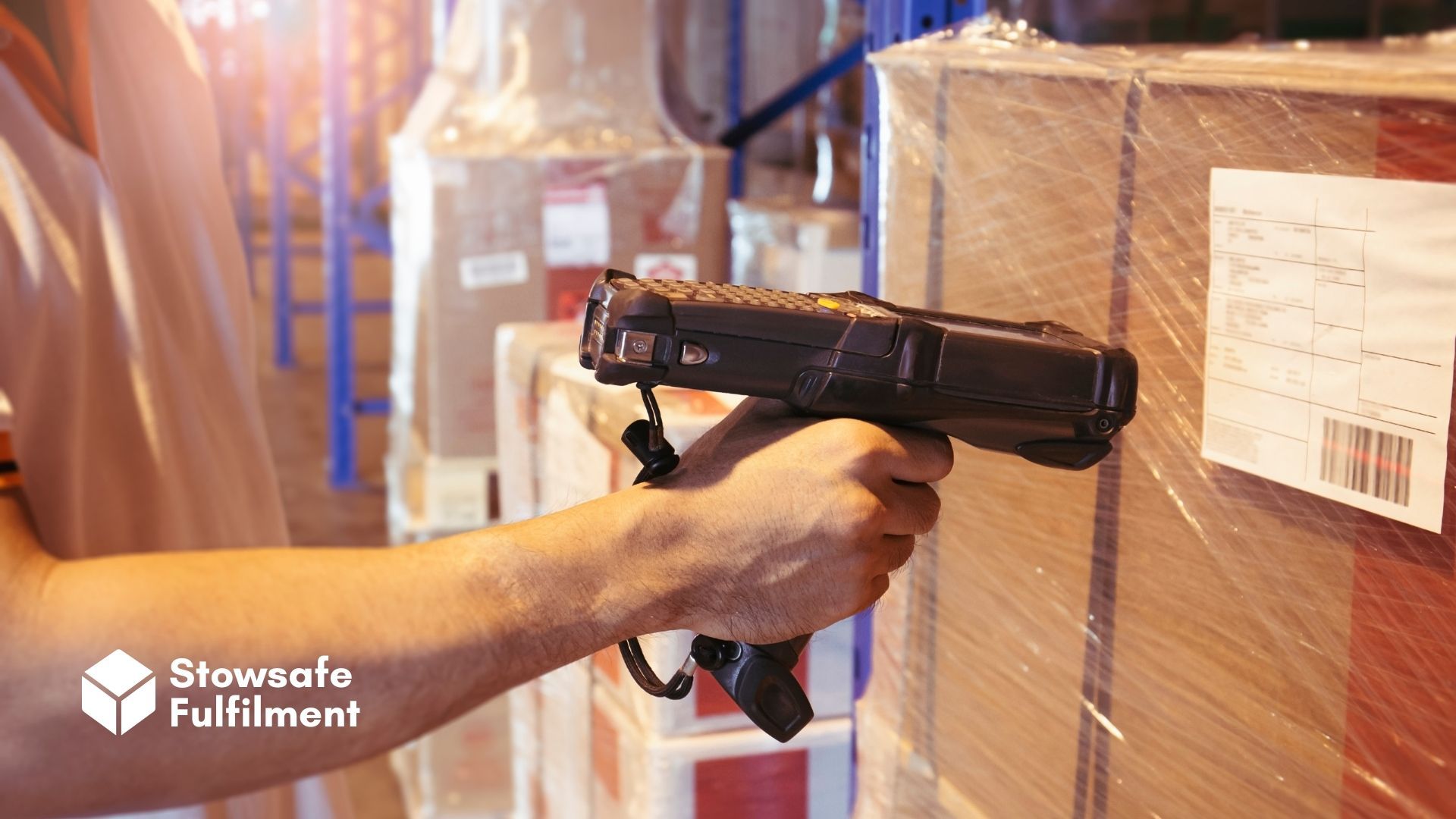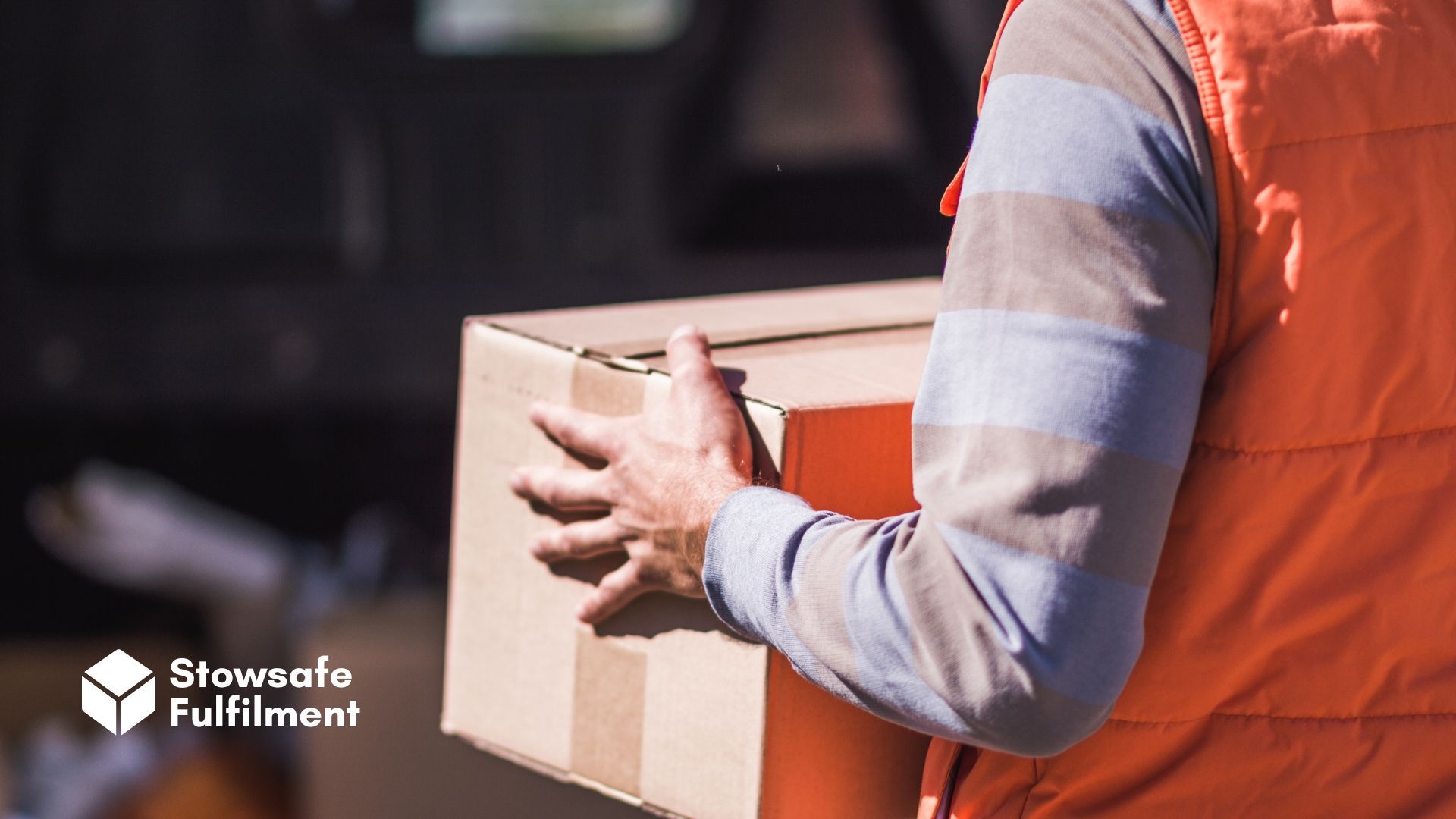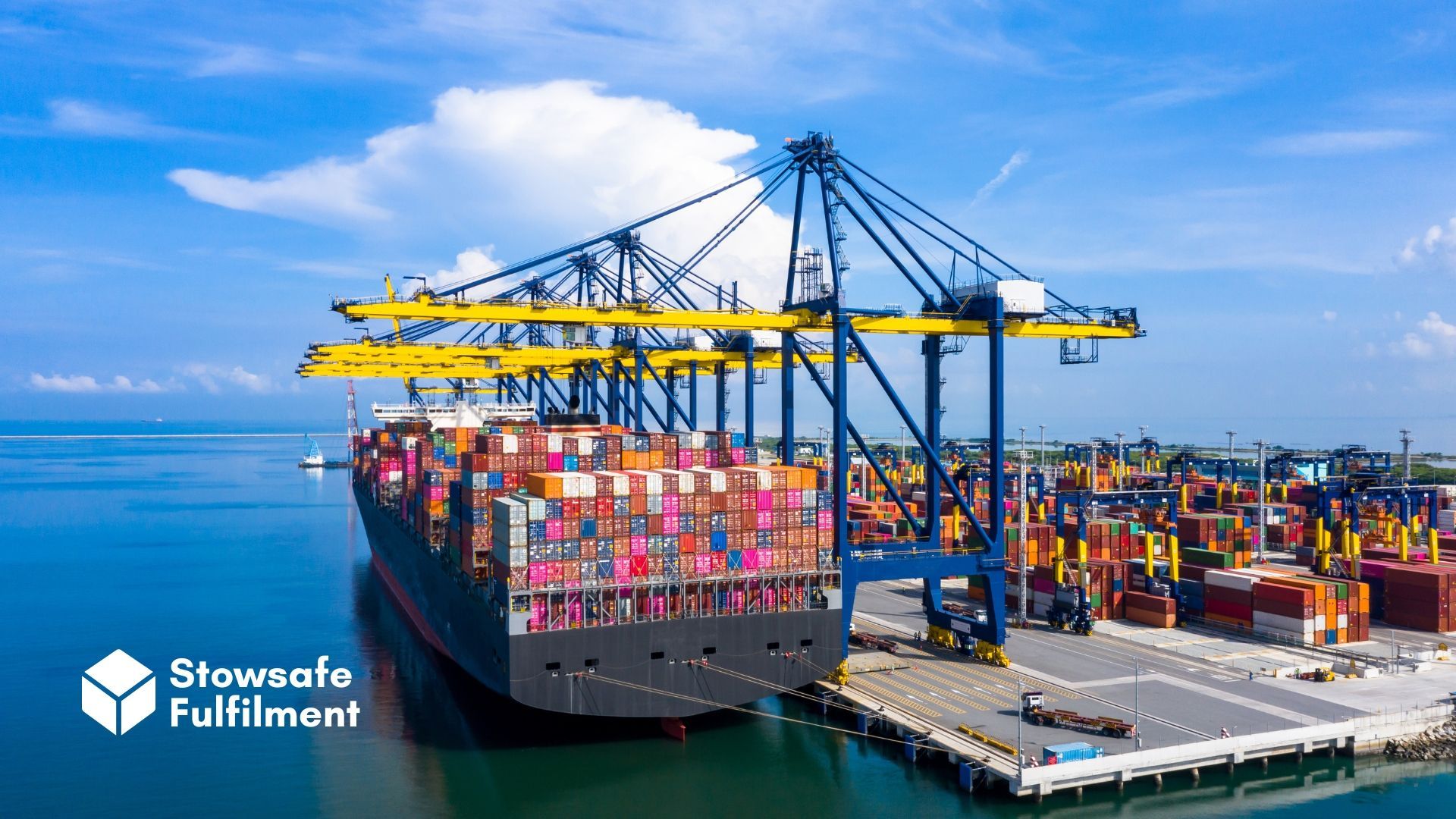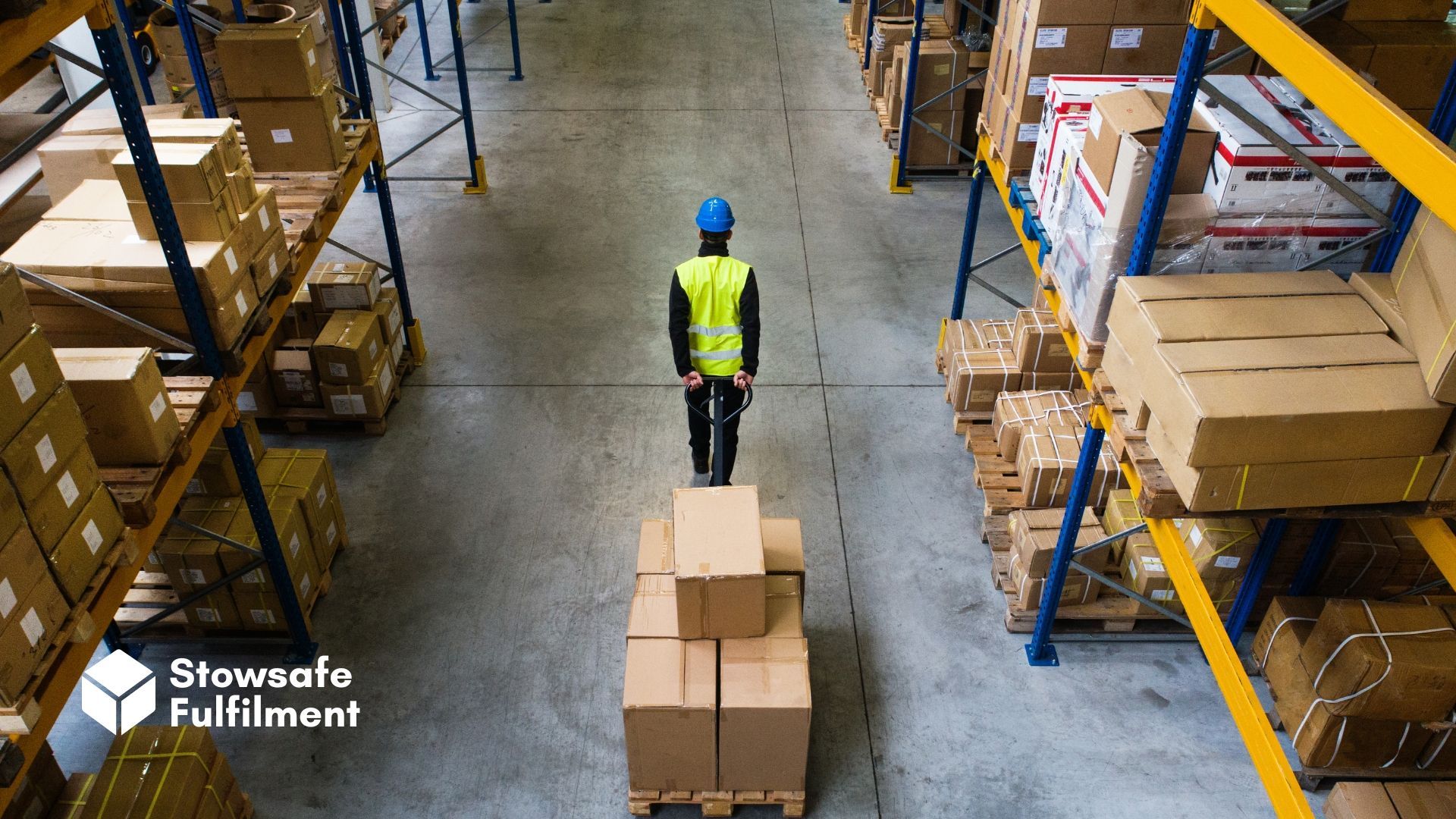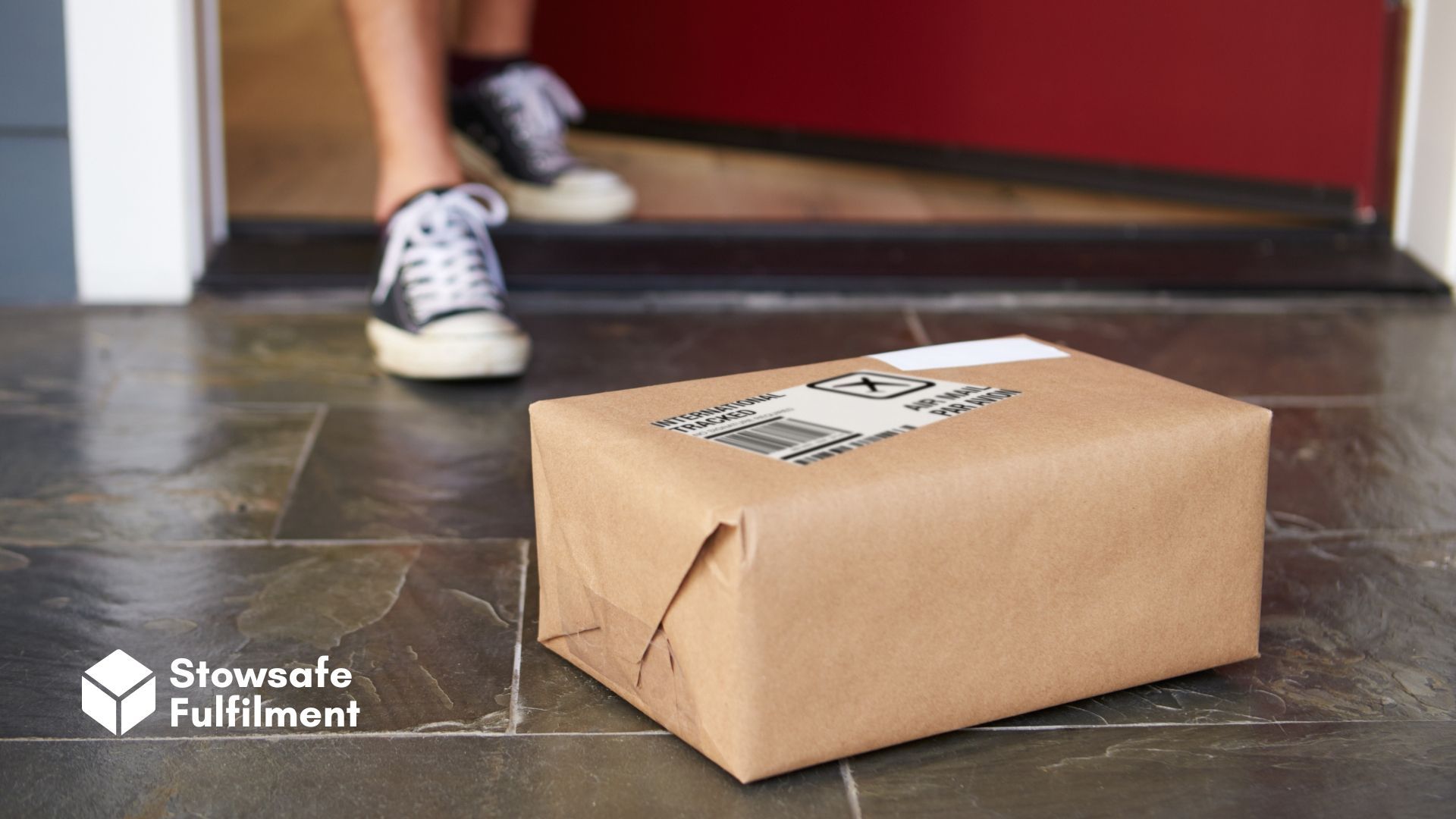Not sure whether you should acquire your own warehouse or use a third-party logistics (3PL) company? Read our guide to discover the benefits of each.
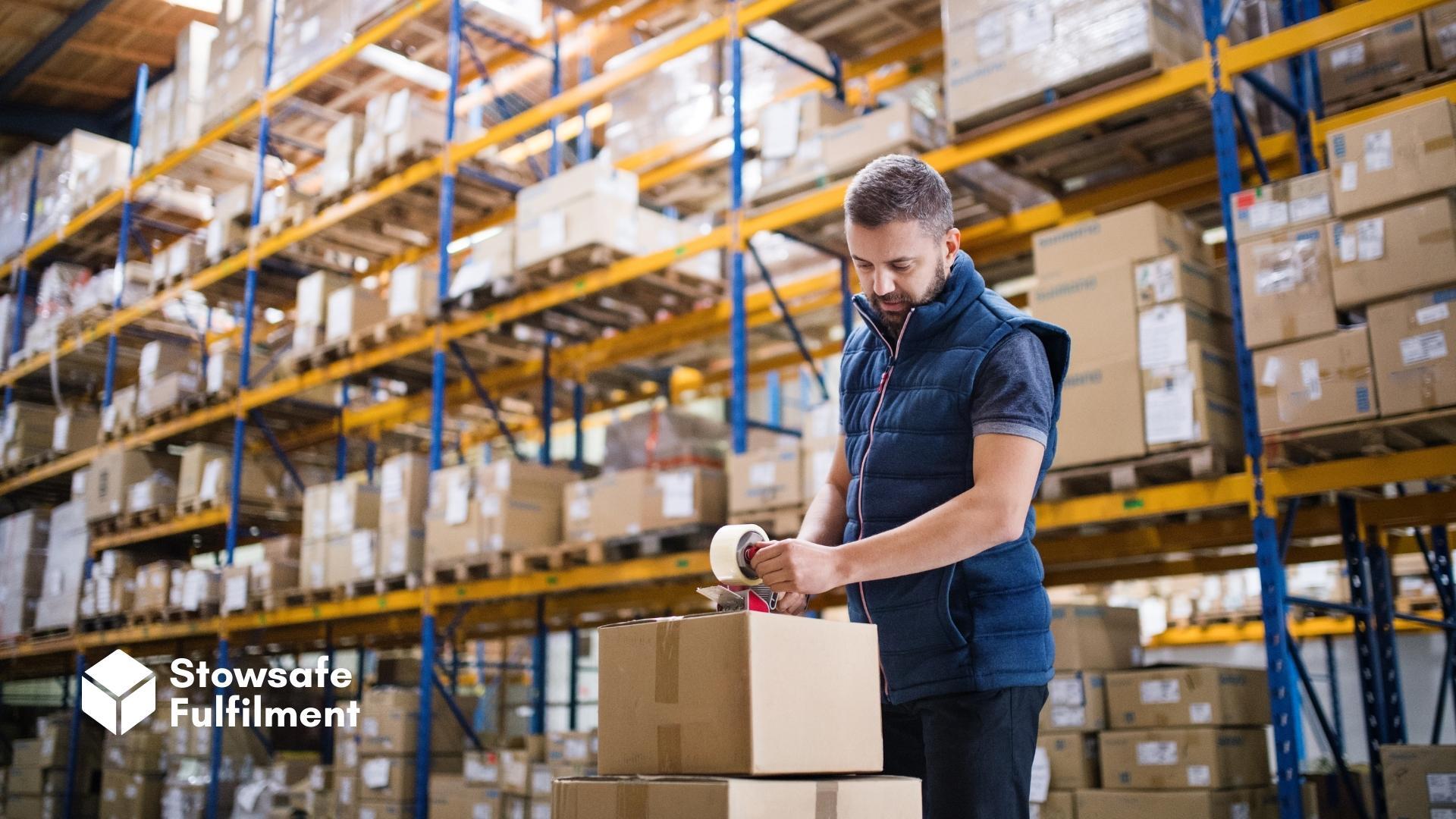
As your business grows and evolves, you need to make sure your logistics and fulfilment strategy does too. Nipping to the post office with an armful of parcels every morning and storing stock in your spare room may have been fine when you were just starting out, but it’s probably not going to cut it when you get bigger.
Once you've grown to a certain point, you will have to decide whether to get your own warehouse (along with the staff to run it) or outsource your fulfilment to a third-party logistics (3PL) company.
It’s tricky! Having your own warehouse and fulfilment team gives you more control over the whole procedure, whereas 3PL offers more flexibility and takes the process out of your hands so you can focus on other things.
This isn’t a decision to make lightly and there are many pros and cons to weigh up, as well as costs to compare. We will discuss the benefits of both options below to help you make up your mind.
The pros of using a 3PL company
There are plenty of benefits of using a 3PL company to fulfil, process and deliver your orders, especially if you’re looking to grow an eCommerce brand. Here are some of the benefits of using a 3PL company.
1. No warehouse costs, no problem!
Building or acquiring warehouse spaces and running them is far from the cheapest or easiest thing in the world, so you have to be 100% sure it’s the best method for you. Don’t want or can’t afford one? Simply outsource your fulfilment to a 3PL partner and let them handle the following:
- Providing a warehouse space that meets your needs and is optimised to store, pick and pack your orders
- Buying conveyors, forklifts and other necessary equipment
- Recruiting, paying and looking after warehouse staff
- Paying for shipping taxes, internet bills, office supplies and admin costs
- Making sure you comply with regulations and acquiring relevant insurance
- Licensing warehouse management systems to support the operations team
- Replenishing boxes, envelopes, labels, tapes, printers, and other shipping materials
2. They are experts in the field
Not every business owner will have a good knowledge when it comes to fulfilment and inventory management, and that’s OK. You can either choose to learn, employ an expert in the field or leave it in the capable hands of an experienced 3PL company.
Successful 3PL companies will already handle large shipment volumes and know exactly what to do with them. They can also offer discount rates for bulk shipping, a wide network of useful partners to improve your service and a strong knowledge of fulfilment best practices.
3PLs are also skilled in dealing with peaks and troughs in sales throughout the year, quickly scaling their workforce when necessary.
3. It speeds up shipping
3PLs have established relationships with couriers, as well as nifty software integrations that link directly to their shipping partners' systems. Both make shipping easier and faster, allowing you to offer speedy delivery options to your customers.
The pros of having your own warehouse
Processing and fulfilling your orders in your own warehouse is a big task, but it does have its benefits, including…
1. It gives you ultimate control over your operations
You’re the boss, right? If you’re a hands-on business owner, you may enjoy the control that comes with having your own warehouse. You get to dictate how your orders are stored, picked, packed and sent out to customers.
This is particularly attractive for teams that already have fulfilment knowledge and are fully capable of making the DIY warehouse route work.
You can build a fully customised space to meet your needs best, rather than sharing it with other businesses in a 3PL setting. Love a warehouse audit? Do them as often as you want with your own warehouse.
2. It allows for customisation
Got lots of fancy packaging customisations, like personalised notes for each customer? Many 3PLs aren't able to handle that level of customisation or will try to charge you an arm and leg for doing so.
So, if you’re selling items that are made-to-order, handmade, fragile, specially gift-wrapped or need any sort of special care, having your own warehouse may be the right choice for you.
Now, forgive the self-promotional spiel, but here at Stowsafe, we pride ourselves on our flexibility. Our experts can deliver many customised services, and we create a bespoke logistics plan for each and every customer.
Three questions to help you decide if a warehouse or 3PL is best for you
Here are a few points to consider if you’re still undecided on which fulfilment path is right for you.
1. How many products do you have?
If you have thousands of SKUs, you will pay high inventory storage fees if you choose a 3PL, as they usually charge by individual SKU. However, if you have fewer SKUs, the costs will be much lower, especially when compared to running a whole warehouse.
2. How fast do you want to ship?
Want to offer Amazon-like speeds? A 3PL can help you scale across the country and send out orders quicker, faster, and cheaper than you could by yourself.
3. What is your growth plan?
If you're planning to grow, you need to make sure you buy or lease a warehouse that isn’t too big or small. Alternatively, a 3PL can provide flexibility and allow you to grow without worrying about your space as they can scale it depending on your needs.
We hope that’s helped you decide whether your own warehouse or a 3PL is best for your business. It’s an important step for your business, so you need to put lots of thought into it.
Leaning towards 3PL? Browse our
eCommerce logistics services to discover how we can help satisfy your fulfilment needs.
All Rights Reserved | Stowsafe Fulfilment

